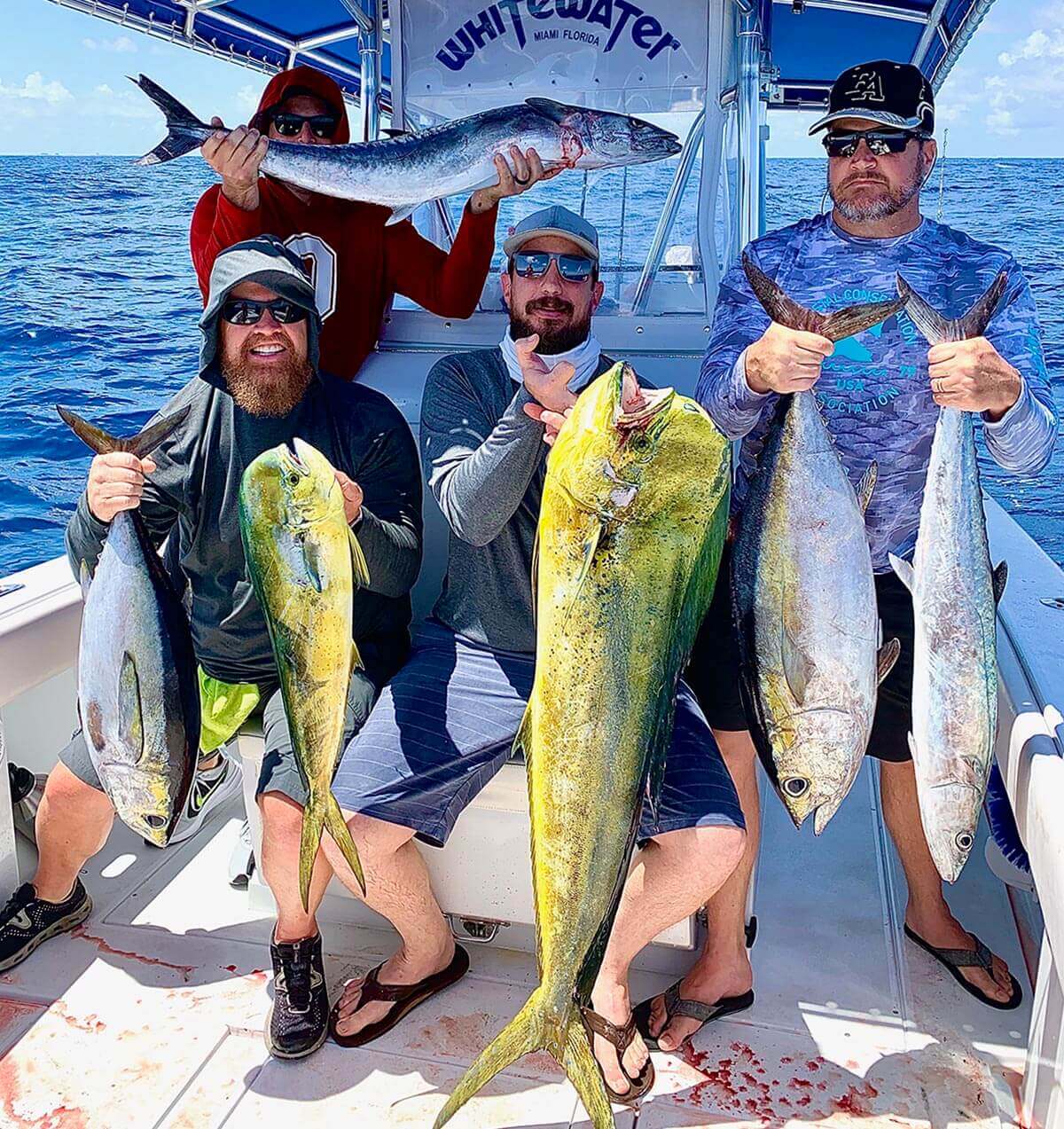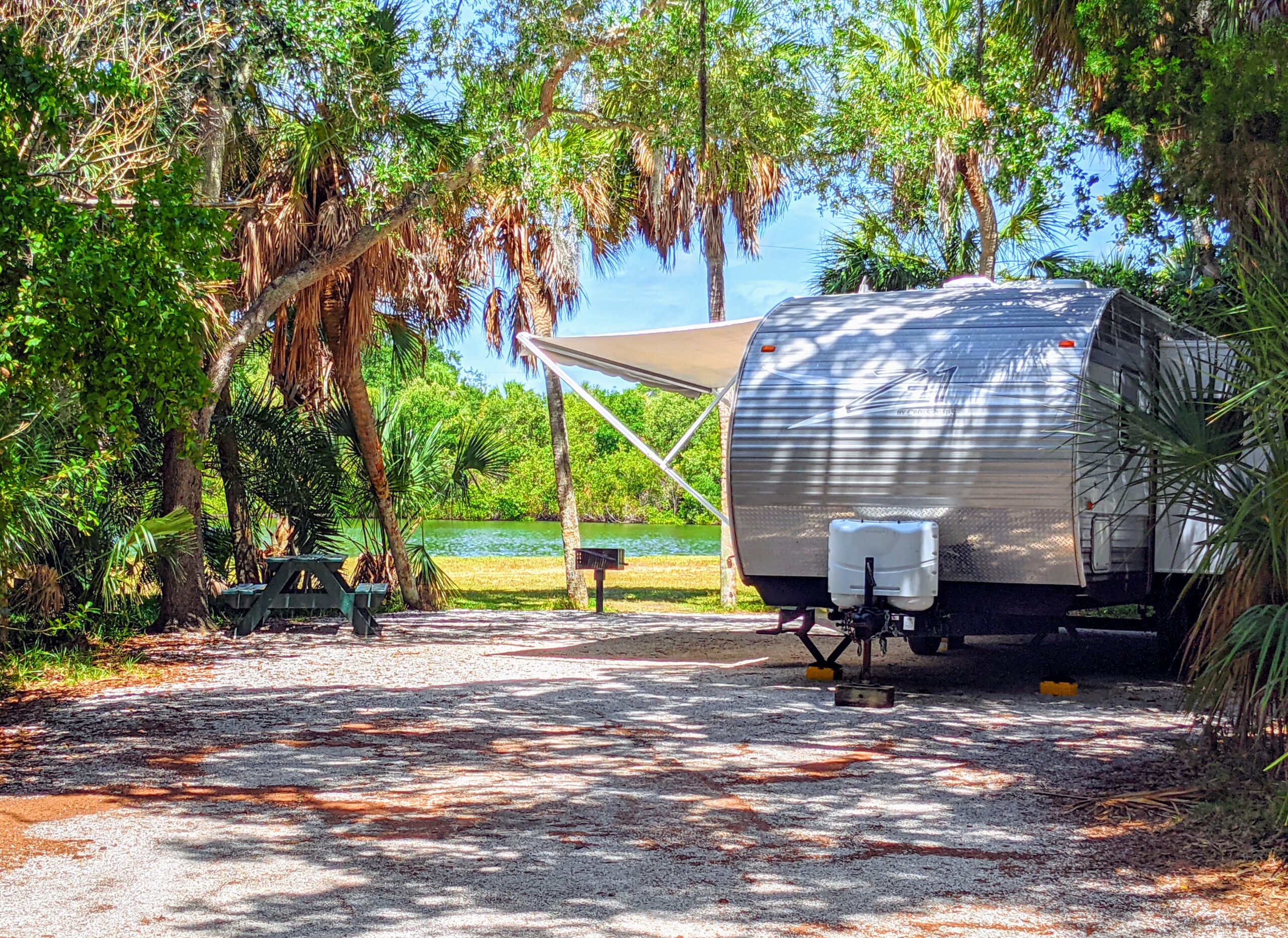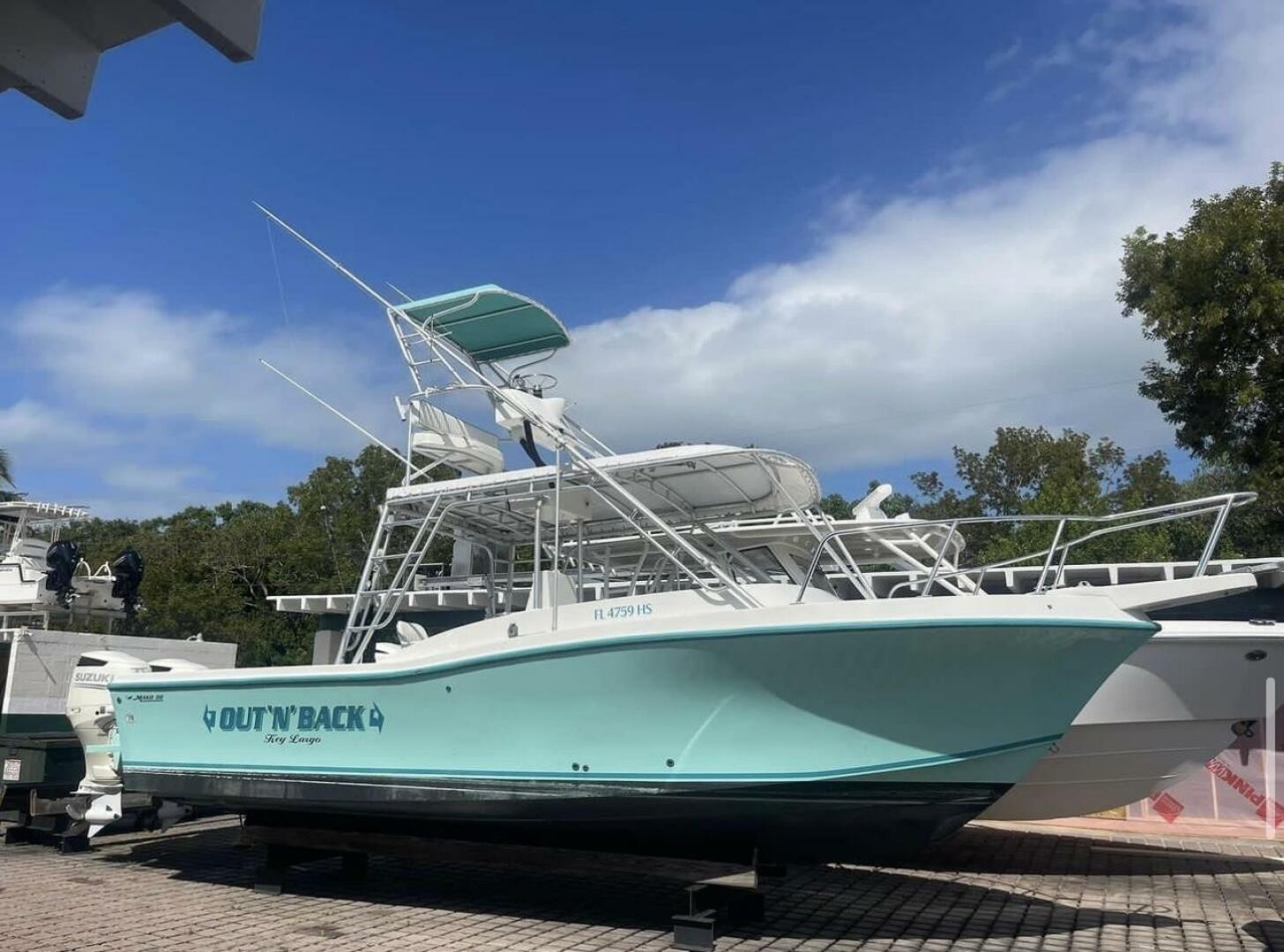Fishing is a beloved pastime in Florida, drawing enthusiasts from around the world. The state’s clear waters and diverse marine life make it a prime location for fishing adventures. But what happens to fishing guides when they’re not busy on the water? In this article, we’ll explore what fishing guides are paid during their time off in Florida and shed some light on their off-season activities.
The Life of a Fishing Guide in Florida
Fishing guides in Florida are often seen as experts who take enthusiasts out on the water for an unforgettable experience. These guides know the best spots, the most effective techniques, and how to ensure a great catch. But being a fishing guide isn’t just about spending every day on the water. There are times when they need to take a break, and that’s when things get interesting.
Seasonal Work and Off-Season
Florida’s fishing scene is highly seasonal. During peak times, which are typically in spring and summer, fishing guides are in high demand. They might have clients booked every day, and their schedule can be quite packed. However, when the busy season winds down, usually in fall and winter, the number of trips decreases. This period is known as the off-season.
During the off-season, fishing guides may have fewer trips or none at all. This is a time when they might rest, prepare for the upcoming season, or even explore other opportunities. So, what are fishing guides paid during their time off in Florida?
The Off-Season Pay for Fishing Guides
Fishing guides’ income during the off-season can vary greatly. Unlike traditional jobs with a regular paycheck, fishing guides typically earn money through the trips they book. When business slows down, their income does too. Here’s a closer look at how fishing guides manage financially during their downtime.
Seasonal Income Variability
Fishing guides usually earn a substantial portion of their income during the peak season. They might get paid per trip, which can range from a few hundred to several thousand dollars depending on the type of fishing and the size of the group. In the off-season, the number of trips diminishes, which directly impacts their earnings.
In some cases, guides might try to save up during the busy months to cover their expenses when business slows down. This savings strategy helps them manage financially during periods when they might not be working as frequently.
Alternative Income Streams
To supplement their income during the off-season, many fishing guides turn to alternative sources of revenue. Some might offer other services related to fishing, such as maintenance or repair of fishing gear. Others might focus on related activities, like giving fishing seminars or writing about their experiences.
Additionally, some fishing guides take on temporary jobs or freelance work during the off-season. This could include anything from working in a retail shop to providing consulting services. By diversifying their income sources, they can better manage the financial gaps caused by the off-season slowdown.
Saving and Financial Planning
Given the unpredictable nature of their work, fishing guides often need to be savvy about managing their finances. Financial planning is crucial for maintaining stability. Many guides create budgets, save a portion of their earnings from the peak season, and invest in ways that can provide additional income or financial security.
Some guides also invest in training and certification during the off-season. This can enhance their skills and qualifications, making them more competitive and better prepared for the next busy season. It’s a smart way to ensure that they continue to attract clients and remain in demand.
Exploring Other Opportunities
During the off-season, some fishing guides use their time to explore other interests or business ventures. This could include:
Tourism and Hospitality
Florida is a major tourist destination, and many fishing guides take advantage of this by working in tourism-related jobs. They might help with local tours, work in hotels, or even run small businesses that cater to tourists. This allows them to stay active and earn additional income while also enjoying the off-season.
Outdoor Activities
Given their expertise in outdoor activities, some fishing guides get involved in other recreational ventures. They might offer eco-tours, wildlife viewing trips, or even lead outdoor adventure camps. This not only provides a source of income but also helps them stay connected to their passion for the outdoors.
How Guides Prepare for the Busy Season
Preparing for the next busy season is a significant part of the off-season. Fishing guides often use this time to:
Equipment Maintenance
Fishing gear and boats require regular maintenance to ensure they are in top condition. Guides spend time inspecting and repairing equipment, which is essential for providing a safe and enjoyable experience for their clients. This maintenance work helps them be ready for the busy season when they will need their gear to perform at its best.
Marketing and Promotion
The off-season is an excellent time for fishing guides to focus on marketing and promoting their services. They might update their websites, engage in social media marketing, or create promotional materials. By doing so, they can attract new clients and keep their business visible, ensuring a steady flow of bookings when the season picks up.
The Community Aspect
Fishing guides are often deeply connected to their local communities. During the off-season, they might participate in community events, volunteer, or support local causes. This involvement helps them maintain strong local connections and build relationships that can benefit their business in the long run.
The Financial Realities
The financial realities of being a fishing guide in Florida can be challenging. Income can fluctuate, and the off-season can be particularly tough. However, with careful planning, alternative income sources, and a focus on preparation, many guides successfully navigate these challenges.
Challenges and Rewards
Fishing guides face several challenges, including variable income, the need for ongoing equipment maintenance, and the pressure to constantly attract clients. Despite these challenges, the rewards are significant. The opportunity to share their passion for fishing, the satisfaction of helping clients achieve their goals, and the lifestyle of working in beautiful Florida make it a fulfilling career choice for many.
Conclusion
In summary, what are fishing guides paid during the time off in Florida? Their income during the off-season can be quite variable, with many relying on savings, alternative income sources, and financial planning to manage their finances. The off-season is a time for preparation, exploring other opportunities, and maintaining connections within their community. Despite the challenges, fishing guides in Florida find ways to stay engaged, prepare for the busy season ahead, and continue their passion for fishing.




